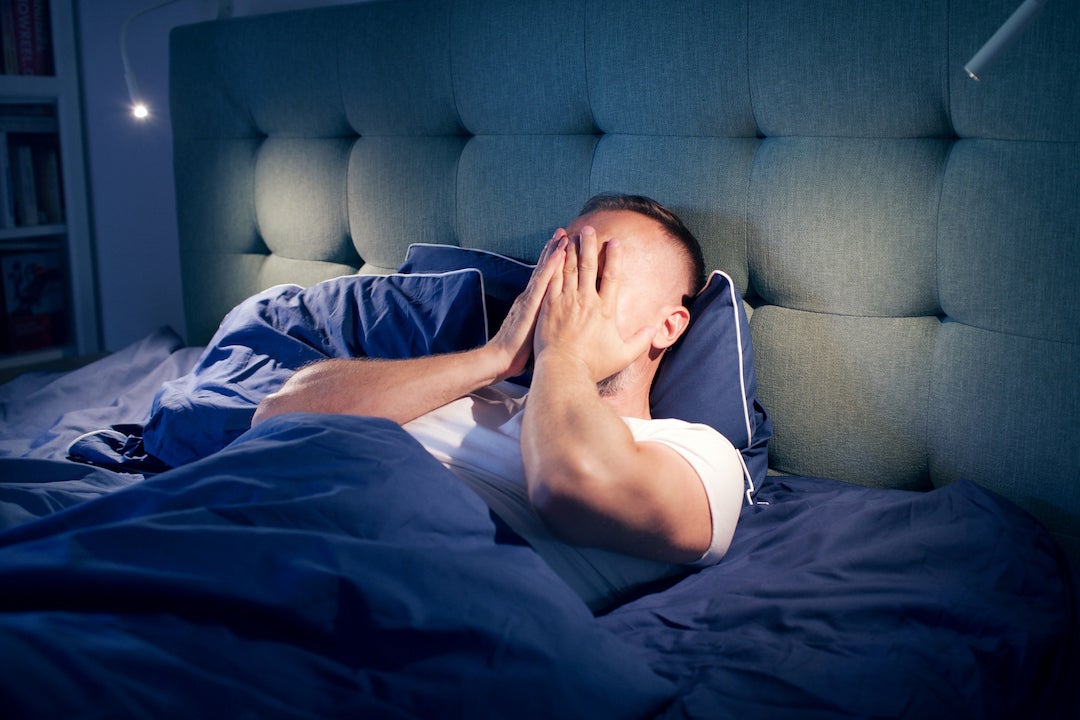Your gut health can impact everything from your mood to your immune system, but it could also be the cause of your poor sleep, a study has found.
Specific types of gut bacteria have been linked to insomnia risk by researchers, while insomnia itself has also been linked to an abundance of certain ‘bugs’ in the gut.
Insomnia, which means a person has difficulty falling and staying asleep, affects about a third of adults in the UK. It can be caused by anxiety, noise, alcohol, caffeine or shift work, according to the NHS.
Several studies have explored the effects of the gut microbiome on various sleep characteristics, but it’s not yet clear how different groups of gut bacteria might affect the risk of insomnia.
The study, published in the journal General Psychiatry, used data on 386,533 people with insomnia from a previously study, gut microbiome data for 18,340 people from the MiBioGen alliance and for 8,208 people from the Dutch Microbiome Project with 71 groups of bacteria in common.

Their analysis revealed associations between specific gut microbes and insomnia.
Overall, a total of 14 groups of bacteria were positively associated with insomnia and eight groups showed a negative association.
Insomnia itself was associated with a reduction of between 43 per cent and 79 per cent in the abundance of seven groups of bacteria and a 65 per cent to a more than fourfold increase in the abundance of 12 other groups.
Researchers found the Odoribacter class of bacteria, in particular, was significantly associated with the risk of insomnia.
This type of bacteria plays a role in producing short-chain fatty acids like butyrate, which in the right levels can help maintain a healthy gut.

However, there are some limitations to the study. All the study participants were of European descent, so the results may not be more widely applicable as the make-up of the microbiome varies among different ethnicities and geographies, researchers point out.
Diet and lifestyle – which affect the microbiome – were also not accounted for. Although bacteria are linked to insomnia, those same bacteria may be shaped by a person’s eating habits, stress levels, and environment.
“Overall, the intertwined effects of insomnia on gut microbiota, and vice versa, represent a complex bidirectional relationship involving immune regulation, inflammatory response, release of neurotransmitters, and other molecular and cellular pathways,” study authors said.
The authors conclude: “Our study offers preliminary evidence supporting a causal effect between insomnia and gut microbiota, providing valuable insights for the future development of microbiome-inspired treatment plans for insomnia.”
These treatment plans might include the use of probiotics, prebiotics, or faecal microbiota transplantation, they suggest.



